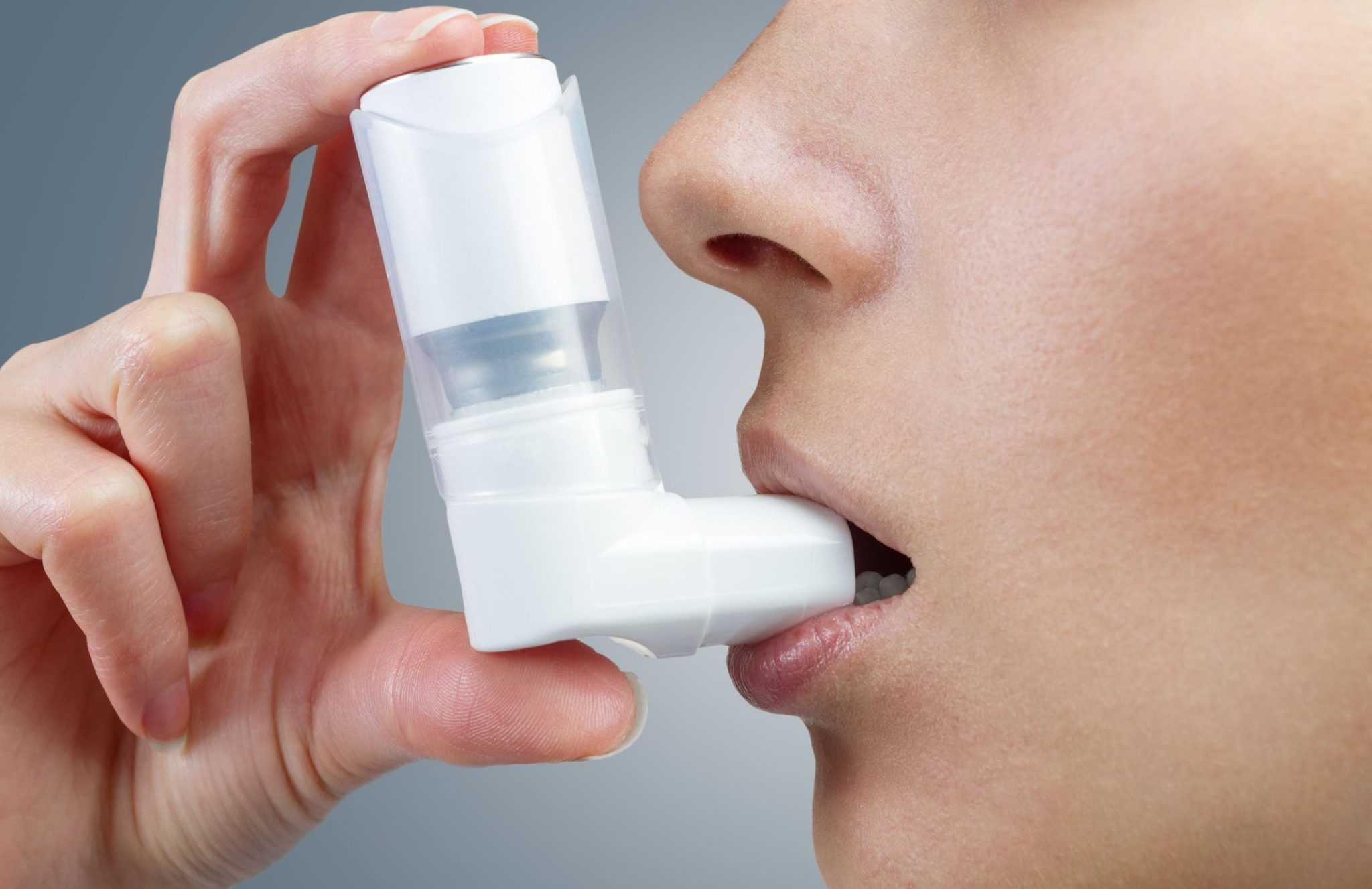Complication: Respiratory Disease
Symptoms
Difficulty breathing, rapid breathing, shallow breathing, deep breathing, absence of breathing

Gum disease has been linked to increased risk of respiratory infections, such as pneumonia and Chronic Obstructive Pulmonary Disease (COPD). These infections are caused by bacteria from the upper throat being inhaled into the lower respiratory tract. Maintaining healthy gums may lead to healthy lungs.
Pneumonia is caused by a bacterial or viral infection that inflames the lungs. Risk factors include having dentures or bridges (bacteria can build up around these dental appliances), being dependent on others for oral care (which can lead to plaque buildup), and infrequent tooth brushing.
COPD includes chronic bronchitis, in which irritation of the airway causes a persistent cough, increased mucous production, and emphysema. Risk factors for this include smoking, repeat exposure to heavy atmospheric pollutants, and genetic conditions.
Bacteria influences respiratory disease because oral pathogens can be directly inhaled. Organisms living in dental plaque are shed into saliva and small particles can be aspirated into the lungs and colonize in the lower airway. To reduce the chances of respiratory pathogens in the oral cavity, you must pay proper attention to your oral hygiene.
Prevention Tips
- Brush your teeth twice daily and floss daily
- Get vaccinated
- Wash your hands
- Don’t smoke
- Be aware of your general health
